“Don’t I be with J Money serving everybody”
If you’ve been on TikTok over the past week, you’ve likely seen videos of millennials, reciting lyrics and dancing to a style of music dating back to when many of us reading this were in school, and others weren’t even born yet.
That upbeat, auto-tune driven, pop style of Hip-hop was born in Atlanta, and was a defining era in Hip-hop. That era was generally known as…
FUTURISTIC SWAG.
One of the pioneers of this era, Yung LA, recently went viral again because of an interview clip in which he rapped lyrics from his iconic song “Ain’t I.” The nostalgia fueled by his rendition sparked the trend I spoke about earlier.
You know the song Swag Surfin? That’s the Futuristic era.
All The Way Turnt Up? That’s the Futuristic sound.
No Hands? Ehh. Depends on who you ask, but that’s also Futuristic, imo.
For those who’ve never heard of Futuristic Swag, lock in with me for a minute.
If you’re not from Atlanta but love the city, you need to know about this era. Some of the biggest artists of the current era started during those years.
THE BEGINNINGS…
Aight, so the Futuristic Swag era of Atlanta Hip-hop started in the mid-2000s, let’s say, roughly 2009.
Around this time, the ringtone industry changed Hip-hop. Soulja Boy had proven that the internet was the next frontier for becoming a star, and desktop music recording had made it easier than ever to create a song.
With the advent of home recording came a bunch of musicians who started to have the means of reaching the masses in a new way.
They came with a sound that nobody had heard before: catchy, melodic, and fun. All of the elements that made 90s Atlanta the epicenter of Black Culture had revived themselves in a new way.
When paired with the style revolution happening in Atlanta, people began to express themselves in a new way. It wasn’t quite “now, “ and it wasn’t quite “retro.”
Nah, it was futuristic.
As for the term itself…
It’s fair to say J. Money coined the term Futuristic, as “J. Futuristic” was his name, and “Money” was just an alias at the beginning of his career. YouTube videos tell the tale, and his videos are the oldest.
Money was also one of Yung LA’s biggest collaborators. Together, they would go on to define much of the slang and sound of this era, and on tapes like Superhero Language, they stamped the movement's feel and vibe.
As for the sound…
No one can say for sure what the first song to pop in this era was, but a cluster of songs, producers, and artists defined this era.
Much of the sound came from producers like K.E. on the Track, London on the Track, KC Da Beatmonster, Nard & B, and Kwony Cash (to name a few).
The emcees above and a few more were involved on the artist side, but if you want a primer on the sound, these are some of the go-to artists and their records:
I. J MONEY
Mr. Trapper of the Year, aka First Name, Last Name.
J Money's catalog was a huge part of the futuristic era's defining sound, and his lingo helped provide a blueprint for the movement.
Depending on how you look at it, he was like a fusion of the first wave of Atlanta Trap Music from Gucci, Jeezy, and T.I. and the snap music era that was more melody-driven and pop-like.
II. YUNG LA
Perhaps the most memorable mainstream artist from this era in terms of look and feel is Yung Leland.
According to LA, he got his big break when his music caught the attention of rapper Young Dro (who was signed to T.I.’s label, Grand Hustle).
Dro drove to Thomasville to meet him. After hitting it off, he helped LA secure a deal with Grand Hustle.
The greatest outcome of that deal was two chart-toppers called “Ain’t I” & Futuristic Love.
Both of which you can hear below. Pay attention to the look and feel as you listen — it’s the essence of what this movement produced.
III. RICH KIDZ
You can’t talk about this era without bringing up The Rich Kidz. From the style of dress to the records they released, they are the embodiment of Futuristic Swag — much of the wave actually came from them and other high school groups who were all making themselves known in the city.
Moreover, The Rich Kidz, specifically Skooly, is largely responsible for Atlanta's sound and current state.
The singing element of Atlanta rap that Kilo Ali started in the 1990s had all but faded, but when Rich Kidz jumped on the scene, they brought the vibe back. Skooly put his own spin on it, ushering in a new sound in Atlanta.
When you listen to the production (much of it from producers like K.E. on the Track, and KC Da Beatmonster) and pair it with the clothes they wore (more on those later), you can see the essence of this era come to life in their music videos.
IV. ROSCOE DASH
Roscoe is another alum of this era who gave us the hook on the diamond-certified record “No Hands” with Wale and Waka Flocka.
Roscoe’s song “All The Way Turnt Up” is another early gem from the Futuristic Swag era. It was originally recorded with Travis Porter. However, disputes over ownership of the record led to a rift between them, and Soulja Boy ended up on the official version.
Despite that, Roscoe’s musical style and swag were also a big inspiration for up & coming artists of that era, and it started with the record below:
V. YC
Fun fact for those who don’t know: Future’s first big look was a feature on this song by YC called Racks on Racks. The strength of that song, along with major co-signs from the city, started the wave that got Future where he is today.
Sonny Digital produced Racks, and just by hearing the hook you can hear the tail end of what this era brought forth. After the rise of Future and a few other artists, the sound shifted yet again.
VI. Travis Porter
Travvie was another staple of this era. Their run was responsible for a wave of party music that the city hasn’t seen since. They were another group to bridge the gap between prior eras of Atlanta to the new ones, and in the process they’ve etched their sound in ATL history.
Songs like “Ayye Ladies” and “Make It Rain” still get heavy rotation (depending on your age and function) and are still popular today.
THE TRENDS
While the sound was genre-defining in itself, millennials who grew up during this era fondly remember a few other trends that marked the Futuristic era.
I. THE HAIRSTYLES
The irony of this era is that there were a lot of retro vibes that pulled from the eighties — box fades, high right-low left’s, designs, etc.
But more than anything, this was the era of the Mohawk.
Yung LA is widely recognized as the initiator of this wave, which became a staple of that era shortly after he entered the scene.
Depending on the person, they’d add designs, colors, and more.
II. THE LINGO
Like any era or movement, the Futuristic era had its own slang—much of which can be attributed to Travis Porter, Yung LA, J Money, Rich Kidz, etc.
Popular terms used to describe your swag from this era included, but were not limited to:
Offset
Black boy, White Boy
Stupid fruity
And so much more.
Terms coined by Travis Porter like “Differenter” also encapsulated a lot of the lingo and is reminiscent of a time where people called themselves differenters too.
Being called a peon was a top-tier insult in these days too. Wild times.
THE BRANDS
The most defining aspect of the swag era was the clothing. After all, songs only exist to reflect the lifestyle they embody.
Other trends, such as haircuts and slang brands like Ralph Lauren, Hollister, Aeropostale, and more, were hallmarks of this era. It was a new type of swag for Atlanta; some called it Futuristic, and others called it black boy/white boy swag.
And this wasn’t like the early 2000s either, you couldn’t do a 3x shirts anymore. From the jeans to your t-shirt, everything was tight.
I. Ralph Lauren
You weren’t just sporting regular Polo shirts in this era. Nah you had to have the big pony joints, or go with a more preppy look.
As for the shoes? You had to go Polo boots on ‘em. You might be able to get away with the Polo sneakers, but you needed the boots to be official.
Side note: Young Dro was the king of Polo. You can’t mention Black boy, White Boy swag without mentioning him.
II. Hollister, Aeropostale, Sperry
True to the preppy, Black boy, White Boy motif of that era, you had to get some Hollister; And if that was too expensive, Aeropostale was still good.
And you were rocking shorts w/ some Sperry’s? Too clean.
And if you went cardigan on em too?! Over your shoulders?! My God.
EPILOGUE
This is just a fraction of the history of the sound and its pioneers—far from the complete story. But seeing this music regain traction reminds me of the old days of Atlanta when our style was distinct and our sound hard to imitate.
Again, I’ll say this…
If you REALLY love Atlanta, do the knowledge. Check out this era and see how it shaped what you know and love today.
One.



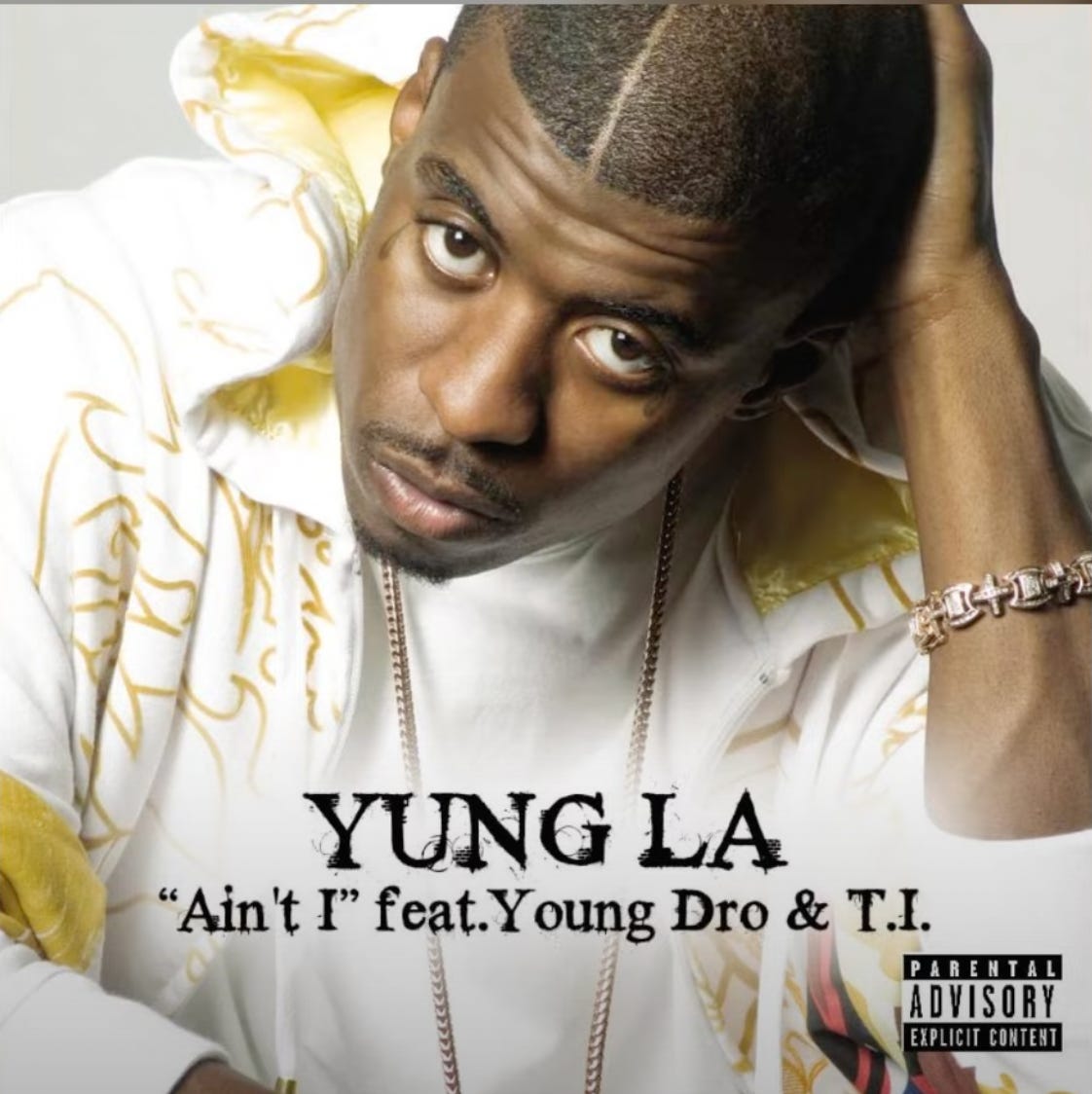
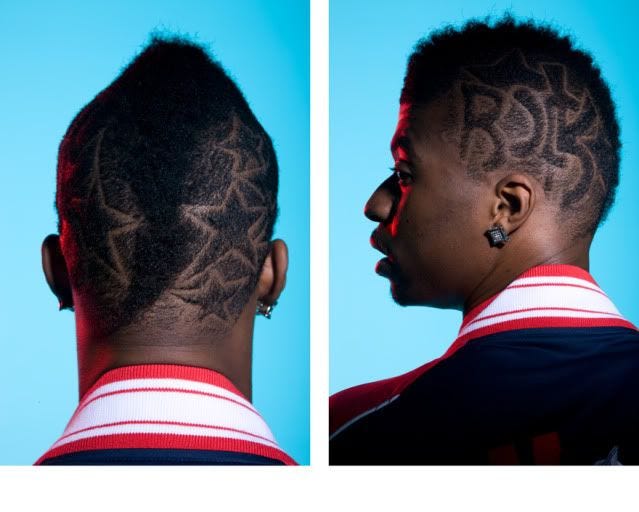
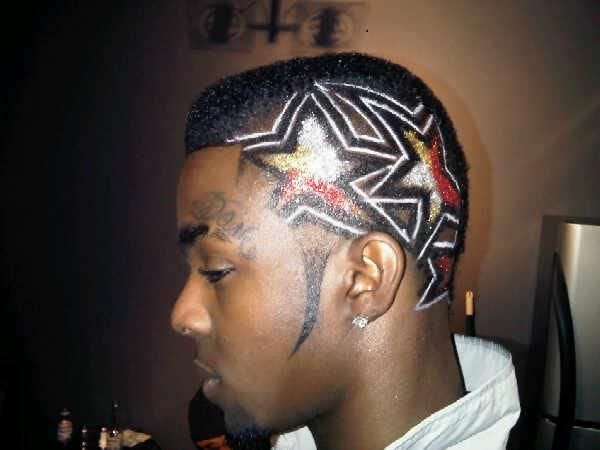
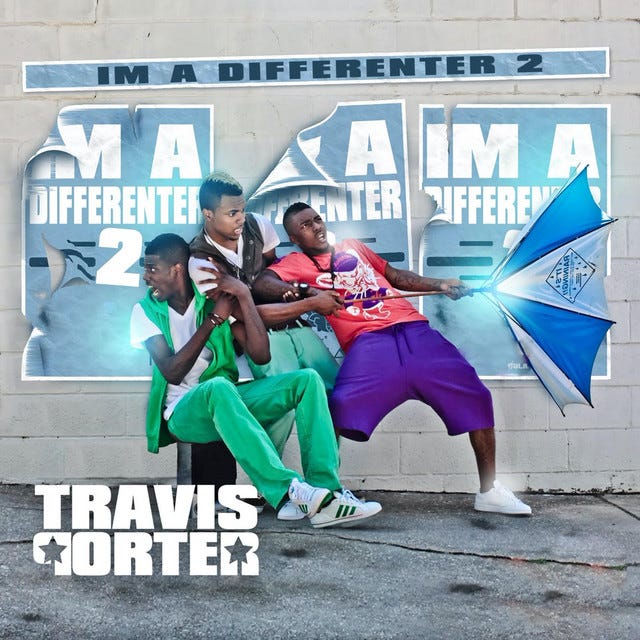
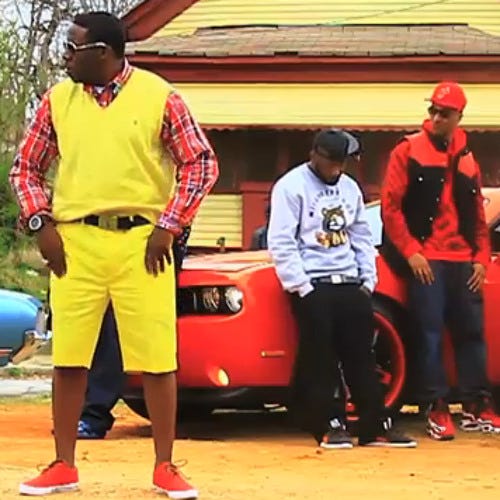
This was so nostalgic to read. I’m not from Atlanta but this music was so clearly influential. Gagged at the Hollister and Aeropostale trends 😂 a real throwback fs.
This was fantastic!!